Pramit Pratim Ghosh |Updated on: January 10, 2022
Our previous blog, would have given you an overview on why it is the right time to buy a computer for your business. Given the changing landscape of the Indian economy, the gradual movement of businesses towards digitization, and the introduction of GST, which is going to take tax compliance to a whole new level of transparency, a computer is no longer just an option, but rather a must for the typical small Indian business today. But while looking for a new computer for your business, you are bound to get overwhelmed with a lot of options. Which brand to go for? Which model will be the right fit for the business? How much would be the right amount to spend? Well, the best computer for business is the one that gets the job done right - and in this blog, we will share with you 6 things you need to tick in your computer buying checklist:
A Computer Buying Checklist - For Your Business
Time is money
Most often than not, you will be forced to decide between the inexpensive computer with average specs and the expensive computer with much better specs and utilities. The normal tendency is to save money in the short term, and go for the 1st option, but with time, the 2nd option is surely going to bring your better returns, simply by virtue of the time it saves for you. Time wasted is equivalent to money wasted, so don’t be tempted to go right for the cheapest option or for last year’s outdated model, when you are evaluating your computer buying checklist.
Buy according to your portability
If your work requires you to be out of office often, then go for a laptop. If you are likely never to leave office, the prudent option would be to go with a desktop; more often than not, desktops are sturdier, more easily repaired and easily upgraded. However, this also depends on who in your organization is going to use the system. For your accountant and admin, desktop is the right option. For your sales person, and also for yourself as a business owner - who may want to view reports on the move, showcase presentations to clients etc. – laptop will suit best. You will always have the option to plug in a good monitor and regular size keyboard and mouse, whenever you are at office.
Pick the best processor you can
The processor is the heart of your computer. If it’s slow, your machine will be slow. It is also the most difficult piece to upgrade. You can always add more RAM or get a larger hard drive later on, but a processor is costly. Also, a good processor will have multiple cores. If the data you are dealing with for e.g. say transactions is light, you can afford to go with 2 cores, if your data crunching needs are heavy and extensive, 4 cores are more ideal. Also, keep an eye out for the processor’s clock speed, measured in gigahertz (GHz) – the higher it is, the faster your computer runs.
Assess your short term storage needs
In other words, you need to assess how much Random Access Memory (RAM) you need. Your computer’s motherboard will have RAM slots in multiples of two. More is always better, as it leads to greater access points to your RAM, leading to greater speed, but it is costlier at the same time. Also, one of the key factors you need to keep in mind while assessing your short term storage needs, is whether or not your computer allows you to upgrade, as and when your business scales up. In most laptops, an upgrade is possible; some ultra-light laptops have a sealed chassis or base that inhibits you from upgrading, in which case you may need to go with the model which offers the maximum memory.
Don’t bother too much about your hard drive
In today’s technology, storage is less about quantity and more about speed. The traditional hard disc drives (HDDs) have made way for solid state drives (SDD) - which have no moving parts, store all the data on a collection of microchips, and consequently are more energy efficient, making them a popular option for laptops. However HDDs typically come with more storage space and a lower price point, with most hard drives in modern computers starting at 500 GB and running into 1 to 4 TB of space at a reasonable cost. However, given that many businesses are storing files on central servers or on the cloud, and also since hard drives are easily upgradable, this should be one of your least important factors in your computer buying checklist.
Look out for value adds
A good point to watch out for in your computer buying checklist is the presence of add-ons, which computer brands as well as vendors may offer you. Most computers for businesses, ideally come pre-installed with business productivity software - such as Microsoft Office, as well as ERP software. One of the latest examples is ACER’s BizGuru line of laptops which have GST-Ready Tally pre-installed in them. Another factor to account for is connectivity - both offline and online. Laptops tend to have fewer USB ports compared to desktops, but low cost USB hubs can solve the problem. Internet connectivity will depend on your processors speed as well as the mode of internet you are using, so unless you pick the right computer, your velocity of online transactions, as well as online connectivity to important portals, such as the GST portal, is going to get affected. Not to forget, product warranties, which are an important part of the total cost of ownership.
While this 6 point computer buying checklist will help you select the best computer for your business, your decision to buy should be based on the larger picture. Be clear, that you are buying a computer not just for business automation, but because you want to grow your business and become more profitable. In the previous indirect tax regime, profit would have been just to do with sales and revenue; but in the revolutionary GST regime, your profit will also be largely affected by input tax credit (ITC). You will be able to avail the right ITC for your business, only if - you maintain accurate transaction details; match your transactions with your suppliers; maintain accurate records of indirect expenses; equip yourself for the increased compliance load of 37 returns a year; and adhere to the return filing dates.
Last but not the least, getting a computer will not just help you with compliance, but also help you become more efficient in other areas of your business, basically accounting, inventory and compliance. In our next blog, we will try to showcase to you a few reasons why you should shift from manual accounting to computerized accounting.
Latest Blogs
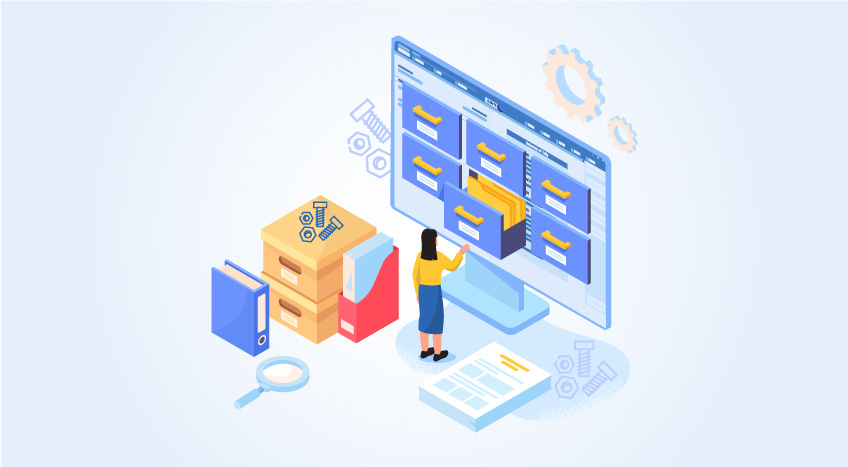
Nuts & Bolts of Tally Filesystem: RangeTree
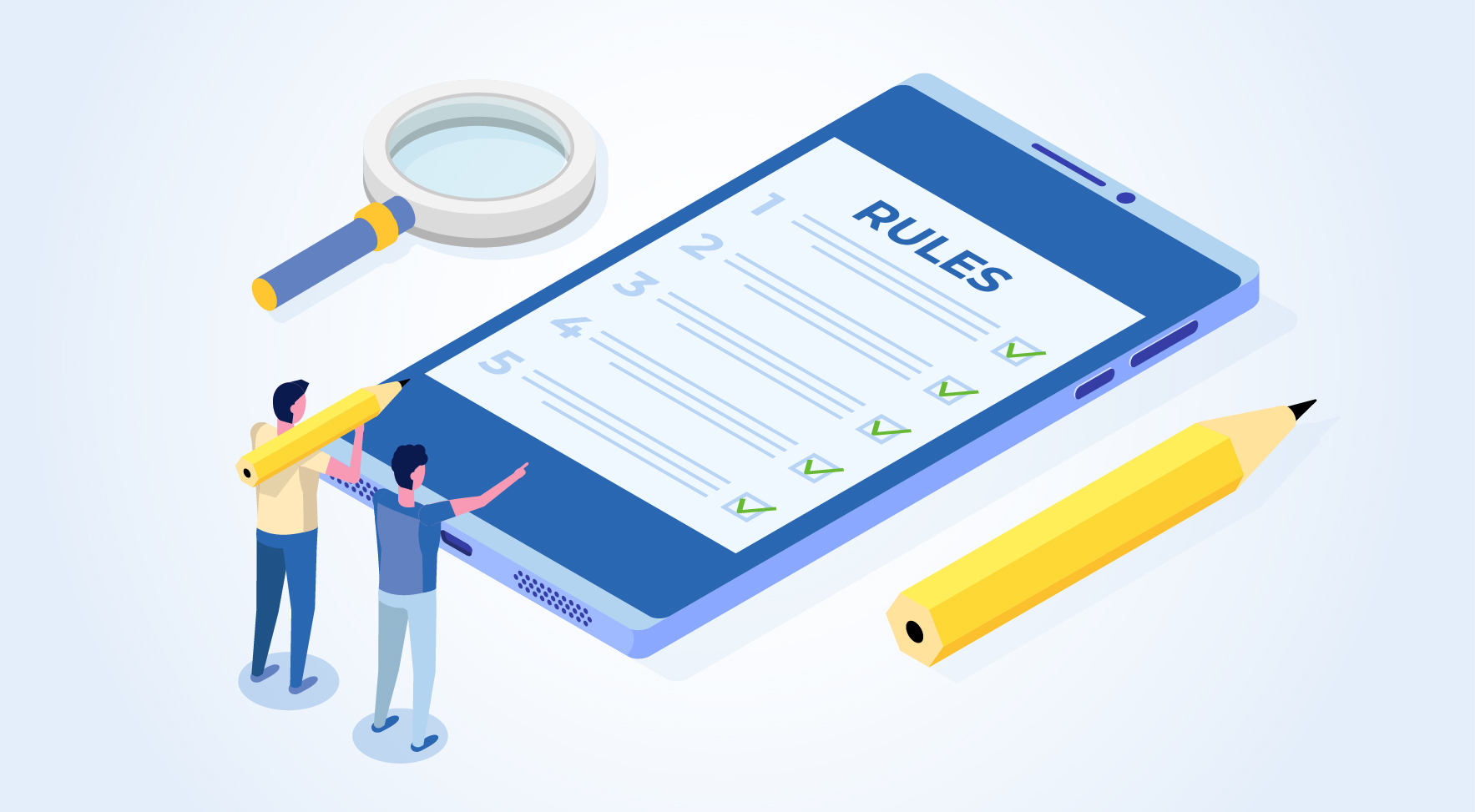
A Comprehensive Guide to UDYAM Payment Rules
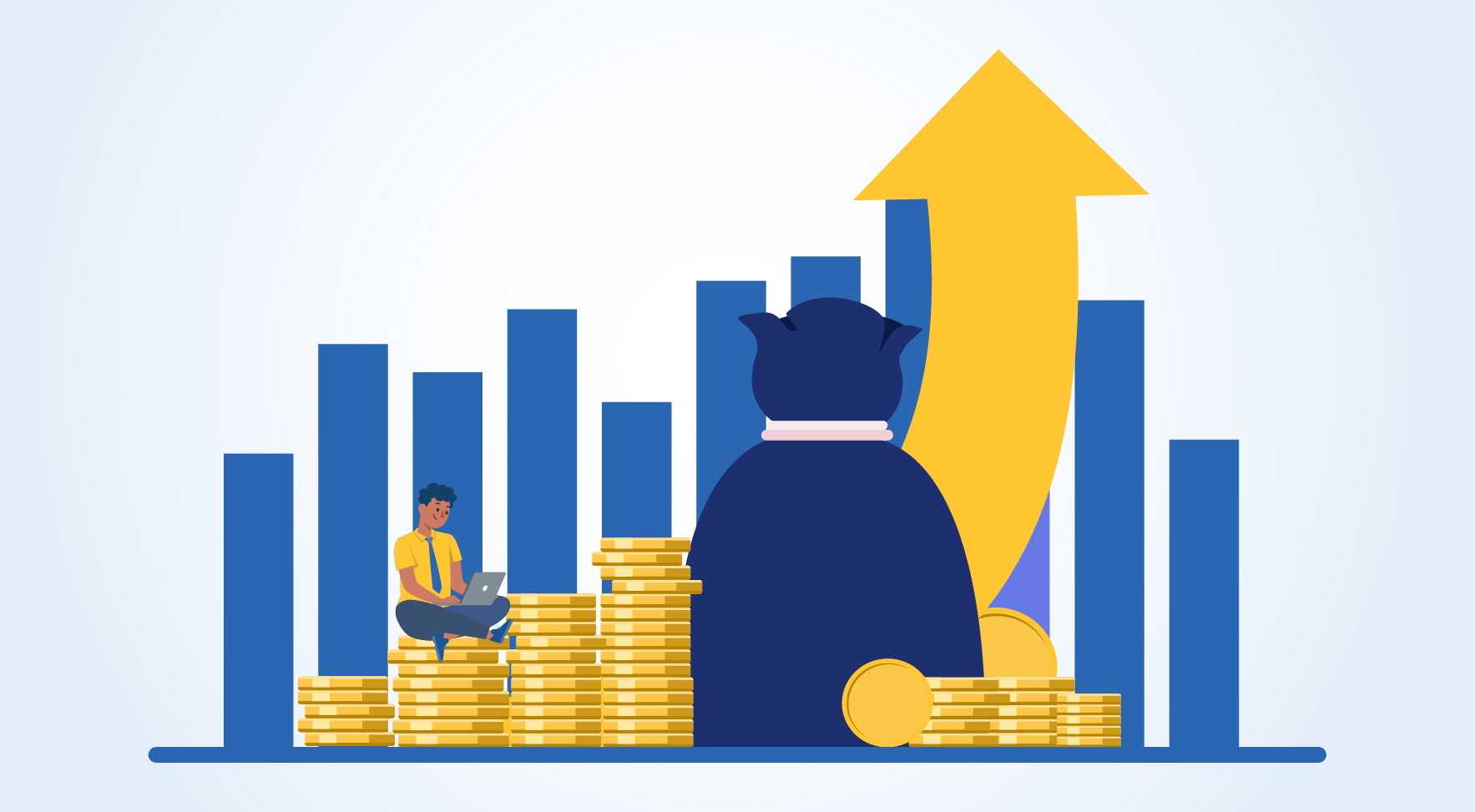
UDYAM MSME Registration: Financial Boon for Small Businesses
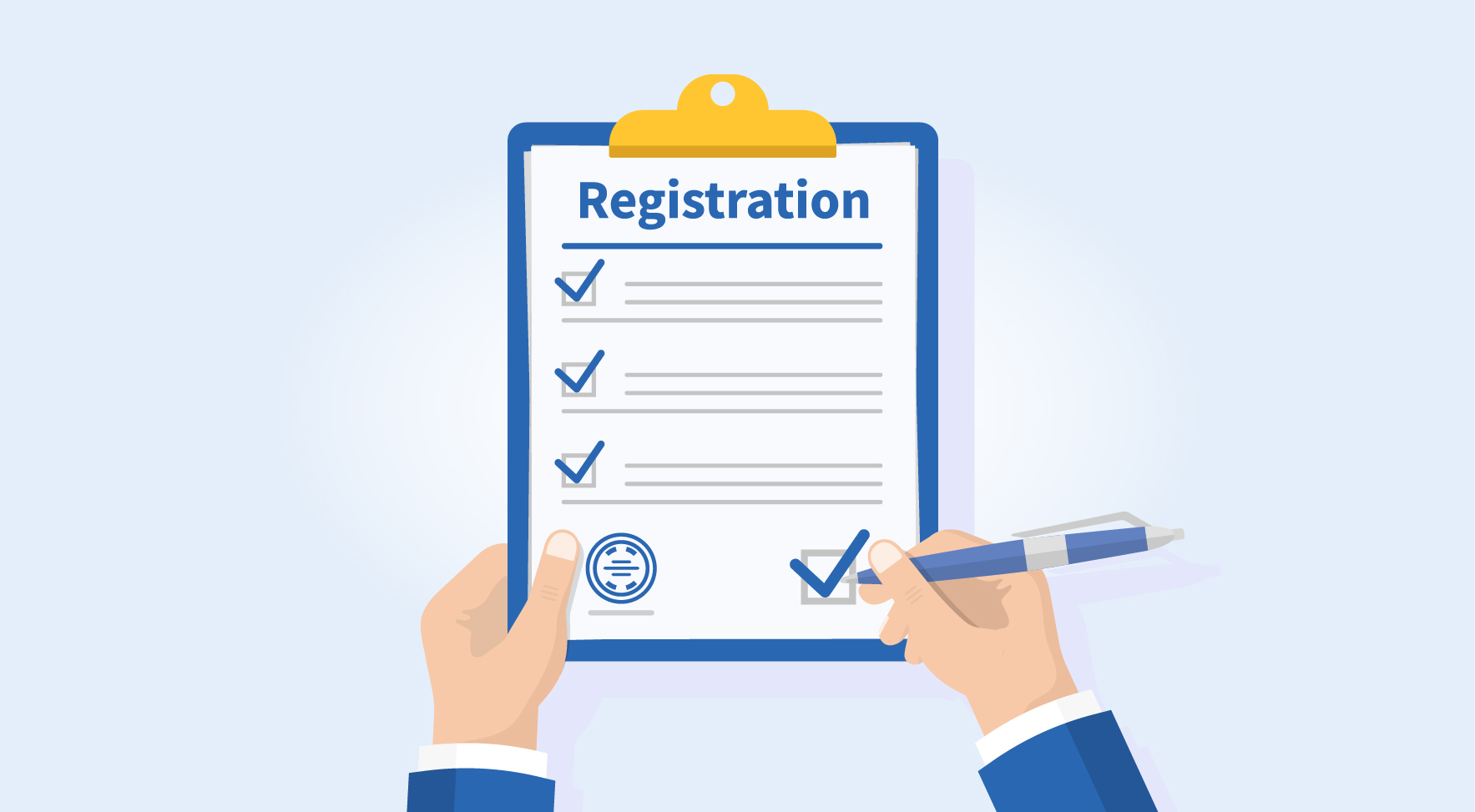
Understanding UDYAM Registration: A Comprehensive Guide
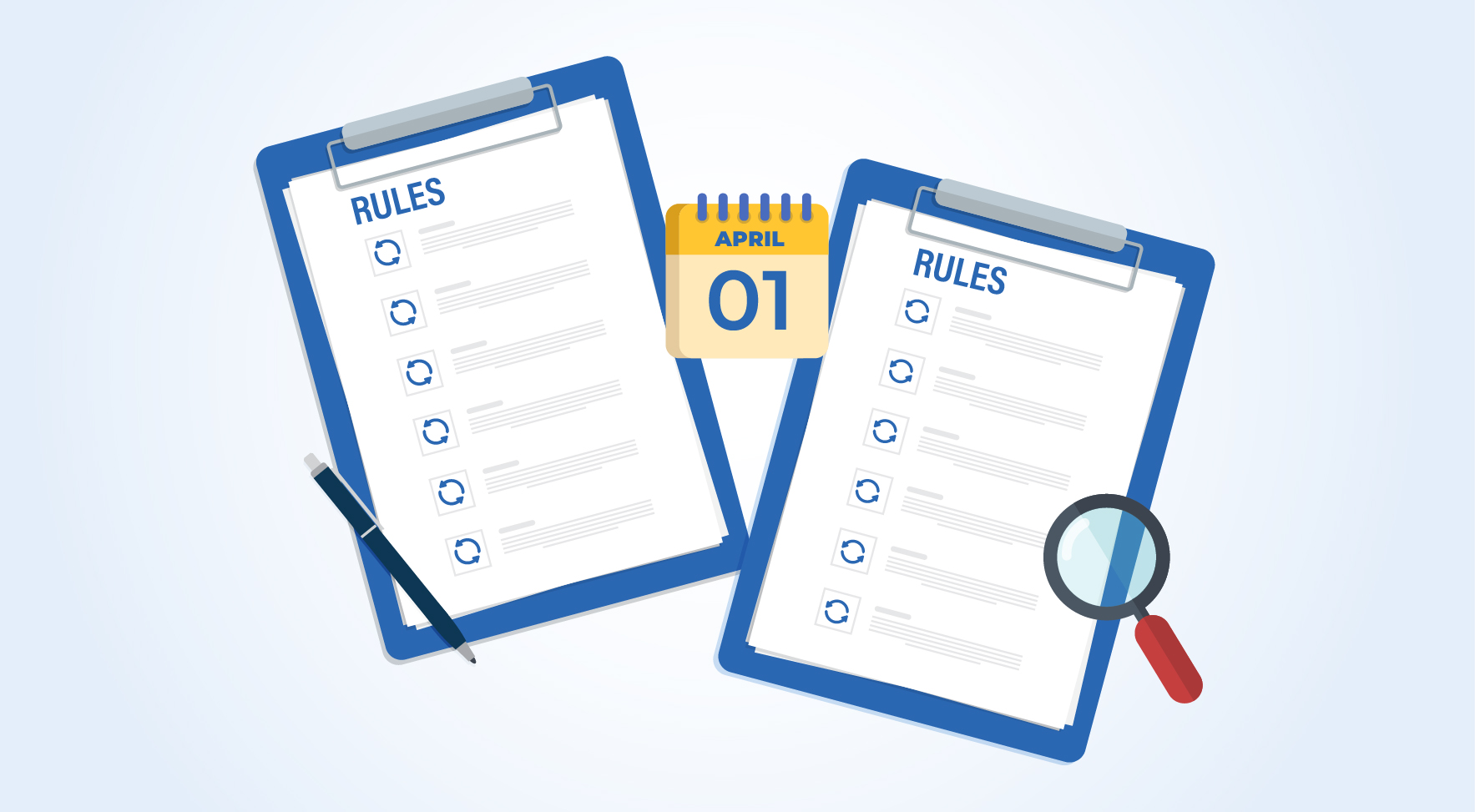
MSME Payment Rule Changes from 1st April 2024: A Quick Guide
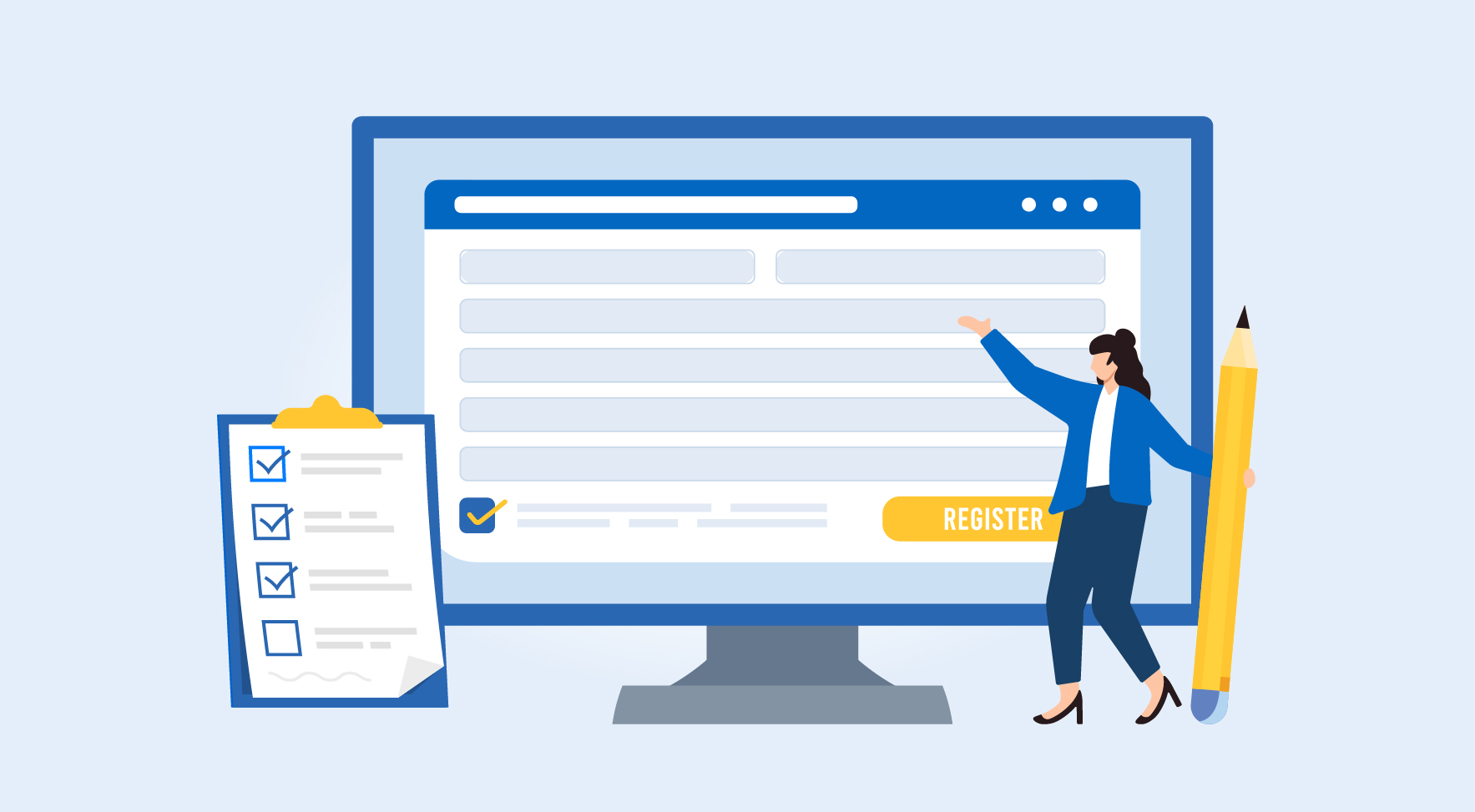
Are Your Suppliers Registered Under MSME (UDYAM)?

